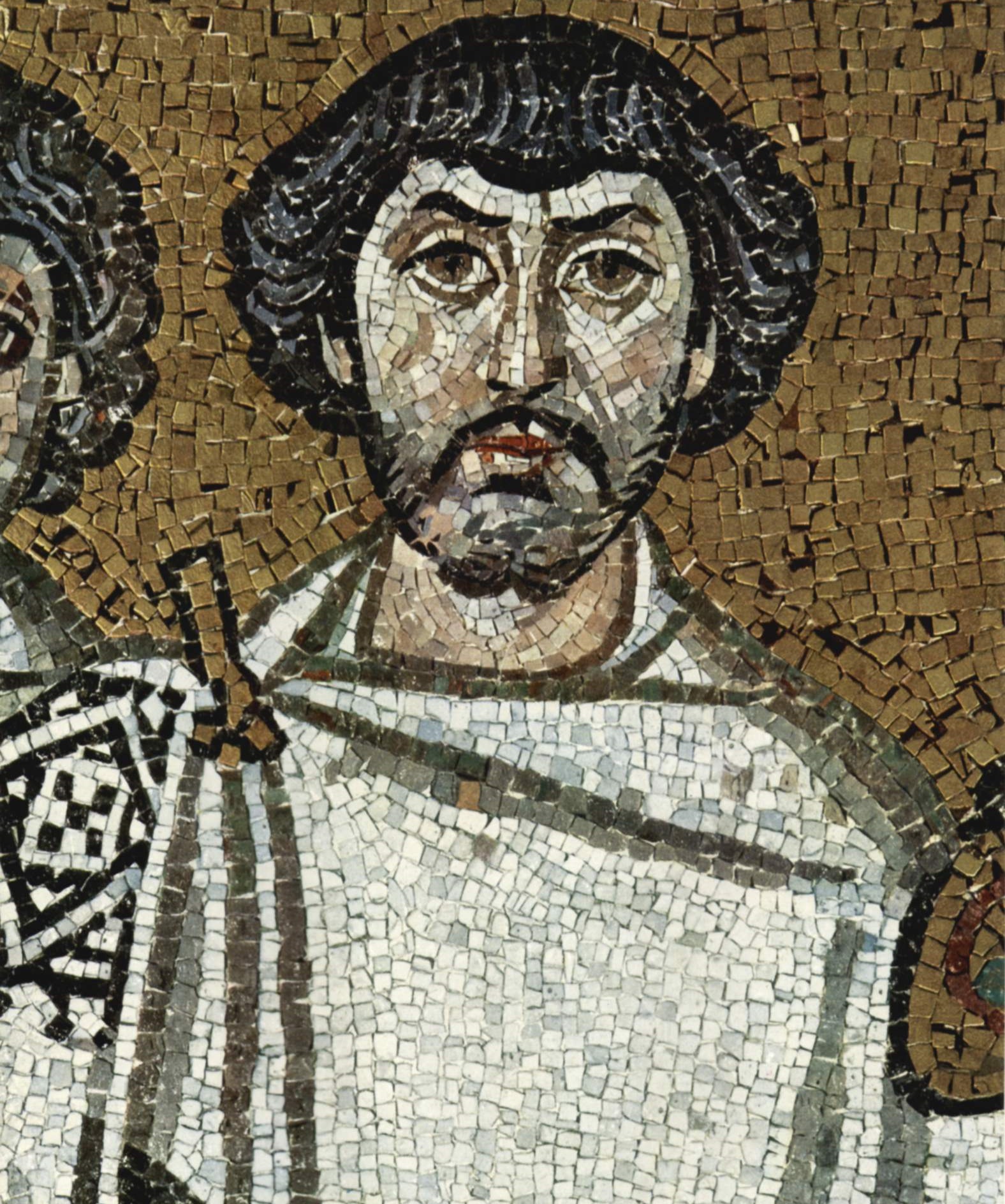[This is a review of the entire Foundation Trilogy, and also mentions the
sequels]
Isaac Asimov's Foundation Trilogy is widely considered to be *the* science fiction novel of all times. "Foundation" is the first part, the two others are called "Foundation and Empire" and "Second Foundation". Much later, Asimov wrote a sequel called "Foundation's Edge", a major publishing event at the time. There is also a concluding novel, "Foundation and Earth".
One of my teachers in high school suggested that I read the Foundation Trilogy, and naturally I was hooked! Like many others, I awaited "Foundation's Edge" with great interest (in my case, the Swedish translation). Today, decades later, I sometimes wonder what the fuzz was all about!
The Galactic Empire is obviously the decrepit Roman Empire in very thin disguise. One if its generals even has a name similar to that of Belisarius, Bel Riose. All of galactic history is predetermined according to a scientific, scientist, and generally megalomaniacal "Seldon Plan", discovered by the math genius Hari Seldon. (He's the good guy.) The goal is to preserve all human knowledge (science, what else?) until the establishment of a Second Empire, which will last forever, or nearly so. Hallelujah. Or is it the Fourth Reich? To further his goal, Seldon organizes a society of scientists known as The Foundation, and evacuates them from the Imperial home world of Trantor to far-away Terminus. In secret, however, Seldon also forms a Second Foundation, a kind of Masonic conspiracy which *really* calls the shots by mastering human psychology and some kind of parapsychological brainwashing techniques. And Seldon is the good guy, remember?
The whole thing sounds like a parody of the space age optimism typical of the immediate post-World War II period, complete with the uncritical divinization of "science" in the most positivist, behaviourist, determinist and indeed elitist sense of that term.
The characters aren't very interesting either (I hated Arkady Darell already as a teenager), and their names are frankly ridiculous. The only sympathetic character is The Mule, who attempts to subvert the Seldon Plan, and his "brainwashed" protégé Han Pritcher, who seems to have become a better man due to being washed from his usual thought patterns. However, The Mule goes down to defeat at the hands of the secret fraternity of the Second Foundation. The Plan moves on.
The later novels "Foundation's Edge" and "Foundation and Earth" are interesting, but for other reasons. Asimov was an outspoken atheist, but he introduces a kind of quasi-religious elements in these novels. In "Foundation's Edge", the Second Empire is finally dispensed with in favour of a kind of Green, Aquarian Overmind which redeems even the Black Hole at the centre of the Galaxy. In "Foundation and Earth", the main characters finally meet the *real* mastermind behind the Seldon Plan: Daneel Olivaw, a near-immortal robot who is the functional equivalent to...God the Father.
Well, it's good to know that we are in such capable hands.
Of course, I don't think Asimov really believed in any of this, but the "religious" turn of the later books is nevertheless intriguing. Perhaps you really can't write good SF without a dose of the religious and spiritual? With this interesting philosophical observation, I close this review of Isaac Asimov's magna opera.

No comments:
Post a Comment